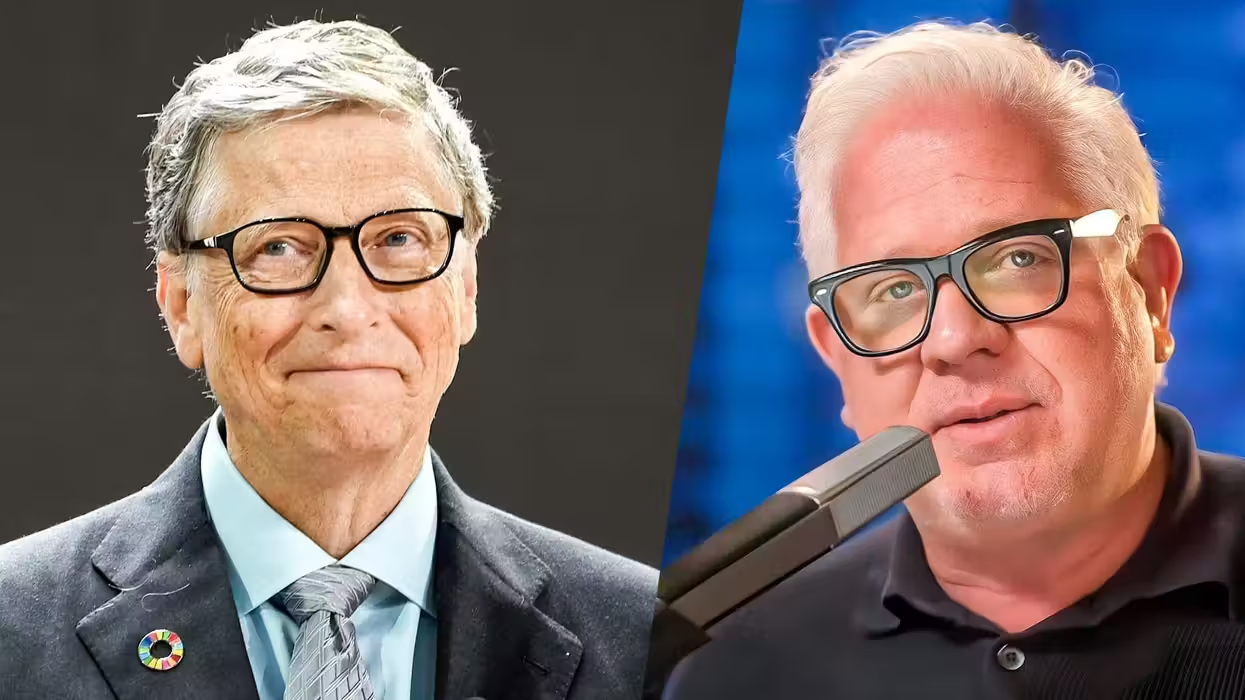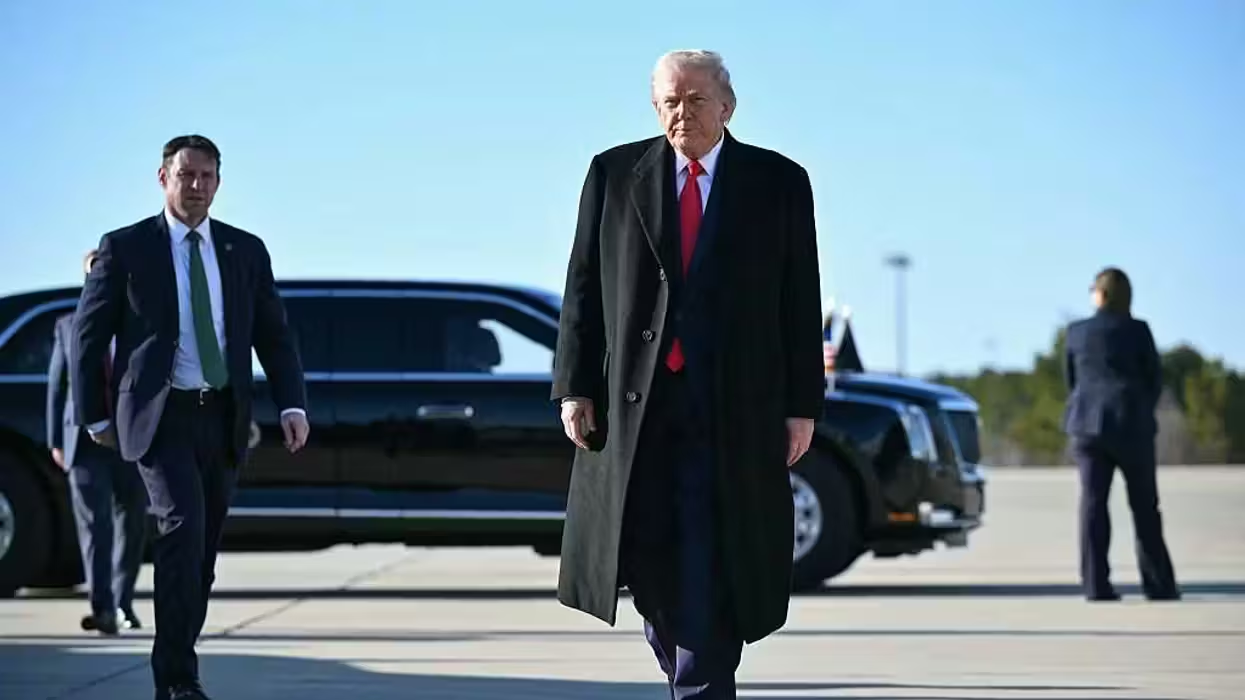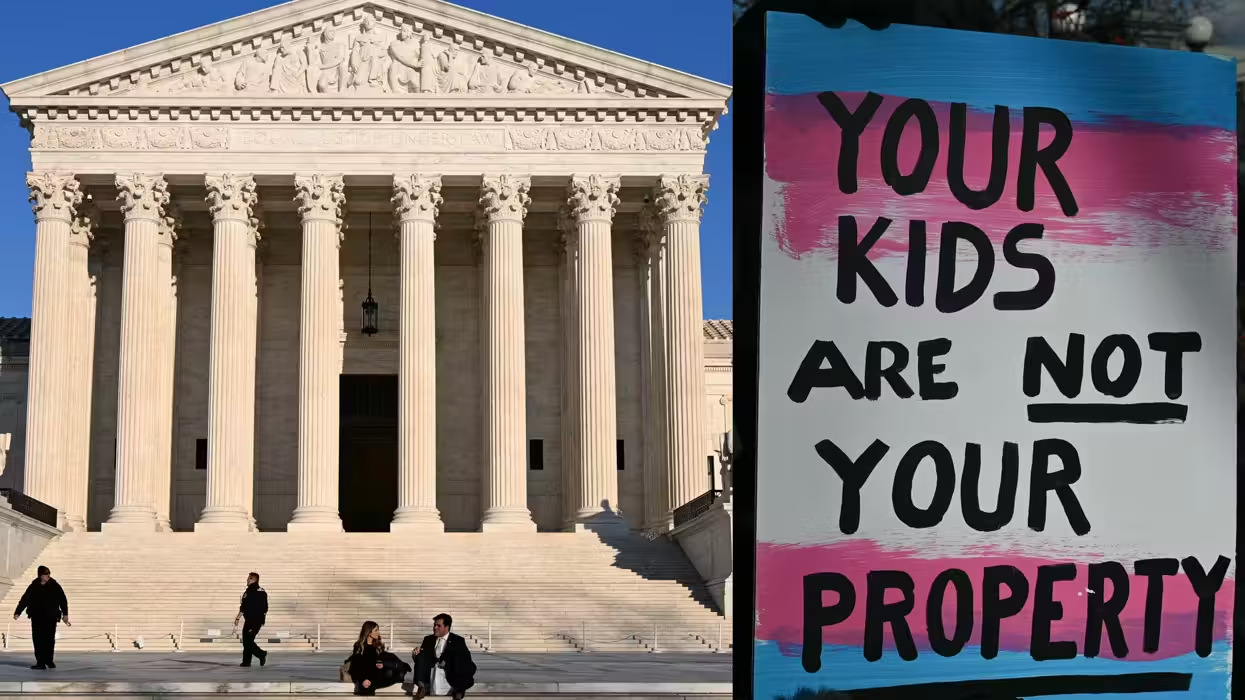
© 2026 Blaze Media LLC. All rights reserved.
A Complicated Relationship': U.S. Reportedly Sees Israel as Biggest Spy Threat in the Near East
July 28, 2012
"This means the CIA believes that U.S. national secrets are safer from other Middle Eastern governments than from Israel"
 (The Blaze/AP) -- Joseph Wippl, a former senior CIA clandestine officer and head of the agency's office of congressional affairs, seemingly had it right when he described Israel's relationship with the United States as "complicated."
(The Blaze/AP) -- Joseph Wippl, a former senior CIA clandestine officer and head of the agency's office of congressional affairs, seemingly had it right when he described Israel's relationship with the United States as "complicated."
"They have their interests. We have our interests," he said. "It's a balancing act."
And this weekend couldn't serve as a better illustration.
As Mitt Romney visits the country and holds meetings that are closed to the press, Barack Obama has pledged another $70 million in military aid and reiterated America's "unshakable commitment to Israel," according to the Associated Press.
However, the Obama administration has also pledged hundreds of millions to Egypt and the Palestinian Authority-- both of which have a very tenuous relationship with Israel.
Now, the Associated Press has a full-fledged report on how the United States sees Israel as its number one counterintelligence threat in the Near East.
The Associated Press reports:
The CIA considers Israel its No. 1 counterintelligence threat in the agency's Near East Division, the group that oversees spying across the Middle East, according to current and former officials. Counterintelligence is the art of protecting national secrets from spies. This means the CIA believes that U.S. national secrets are safer from other Middle Eastern governments than from Israel.Israel employs highly sophisticated, professional spy services that rival American agencies in technical capability and recruiting human sources. Unlike Iran or Syria, for example, Israel as a steadfast U.S. ally enjoys access to the highest levels of the U.S. government in military and intelligence circles.
The officials spoke on condition of anonymity because they weren't authorized to talk publicly about the sensitive intelligence and diplomatic issues between the two countries.
The AP continues to say that, contrary to political rhetoric, Israel is by no means America's closest ally:
Israel is not America's closest ally, at least when it comes to whom Washington trusts with the most sensitive national security information. That distinction belongs to a group of nations known informally as the "Five Eyes." Under that umbrella, the United States, Britain, Australia, Canada and New Zealand agree to share intelligence and not to spy on one another. Often, U.S. intelligence officers work directly alongside counterparts from these countries to handle highly classified information not shared with anyone else.Israel is part of a second-tier relationship known by another informal name, "Friends on Friends." It comes from the phrase "Friends don't spy on friends," and the arrangement dates back decades. But Israel's foreign intelligence service, the Mossad, and its FBI equivalent, the Shin Bet, both considered among the best in the world, have been suspected of recruiting U.S. officials and trying to steal American secrets.
Around 2004 or 2005, the CIA fired two female officers for having unreported contact with Israelis. One of the women acknowledged during a polygraph exam that she had been in a relationship with an Israeli who worked in the Foreign Ministry, a former U.S. official said. The CIA learned the Israeli introduced the woman to his "uncle." That person worked for Shin Bet.
Jonathan Pollard, who worked for the Navy as a civilian intelligence analyst, was convicted of spying for Israel in 1987 when the Friends on Friends agreement was in effect. He was sentenced to life in prison. The Israelis for years have tried to win his release. In January 2011, Netanyahu asked Obama to free Pollard and acknowledged that Israel's actions in the case were "wrong and wholly unacceptable."
Prime Minister Benjamin Netanyahu's office has called the Associated Press article a "false report," and the spokesman of Israel's ambassador in Washington reportedly said: “[U.S. intelligence agencies] are our partners in confronting many mutual challenges. Any suggestion otherwise is baseless and contrary to the spirit and practice of the security cooperation between our two countries.”
Want to leave a tip?
We answer to you. Help keep our content free of advertisers and big tech censorship by leaving a tip today.
Want to join the conversation?
Already a subscriber?
more stories
Sign up for the Blaze newsletter
By signing up, you agree to our Privacy Policy and Terms of Use, and agree to receive content that may sometimes include advertisements. You may opt out at any time.
Related Content
© 2026 Blaze Media LLC. All rights reserved.
Get the stories that matter most delivered directly to your inbox.
By signing up, you agree to our Privacy Policy and Terms of Use, and agree to receive content that may sometimes include advertisements. You may opt out at any time.






